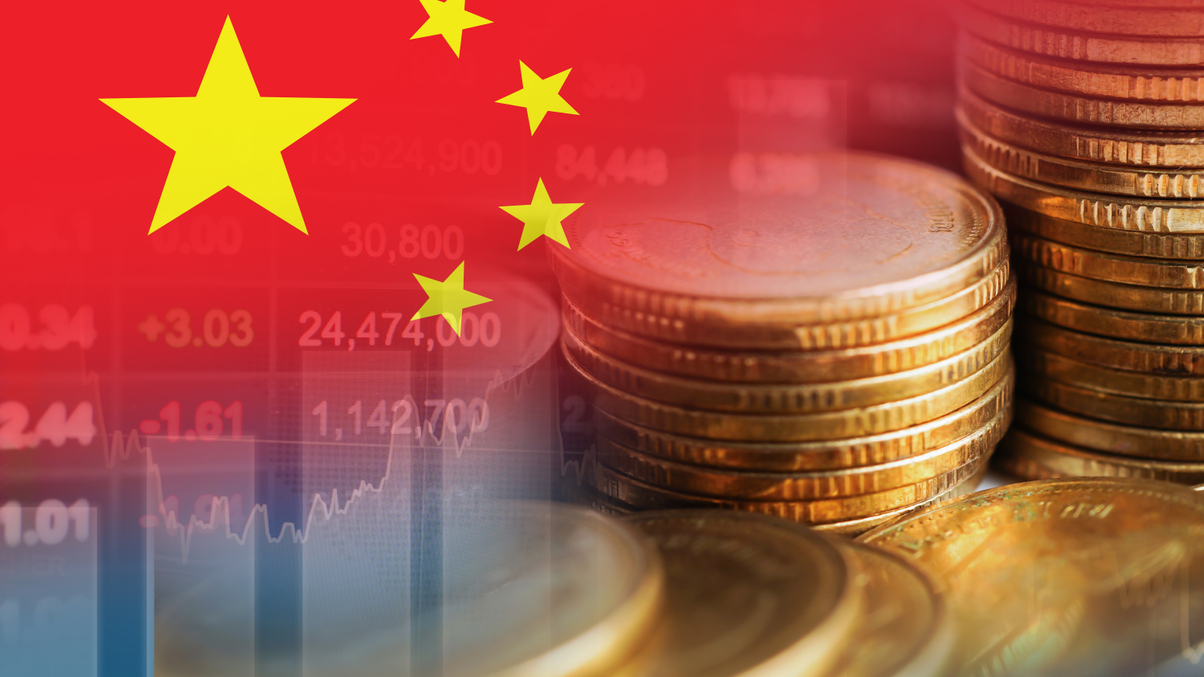ASEAN, Mid-East institutions eye China stocks as West retreats
Despite US and European investors scaling back, global interest in Chinese stocks persists, with allocators from Southeast Asia, the Middle East, and other markets looking for stronger signals to increase their exposure.

While US and European institutional investors have been withdrawing from China in recent years, their counterparts in Southeast Asia, the Middle East, and other markets are still showing interest in the world's second-largest economy
Sign in to read on!
Registered users get 2 free articles in 30 days.
Subscribers have full unlimited access to AsianInvestor
Not signed up? New users get 2 free articles per month, plus a 7-day unlimited free trial.
¬ Haymarket Media Limited. All rights reserved.


